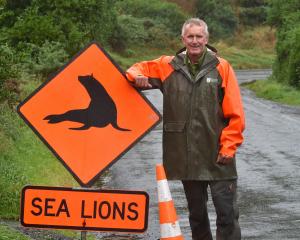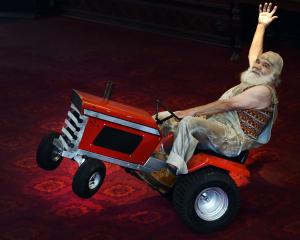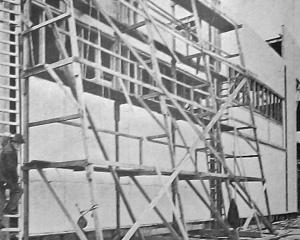
Today, Hato Hone St John paramedics are starting "withdrawal of labour" industrial action after union pay negotiations and discussions around working conditions failed between unions and St John.
Ambulance officers will not work for the first four hours of their shift, from 4am today until 4am tomorrow.
The strike is scheduled to continue on August 24 until 4am on August 25.
A Dunedin paramedic, who declined to be named, said she witnessed the most "harrowing moments of human suffering" in her job, and had hoped her commitment and sacrifice would have been recognised and valued.
"[I have] held dying patients in my arms, delivered babies on the side of a road, picked up elderly individuals who have fallen alone in their cold homes, and provided comfort in the face of despair.
"I hoped that the institution I serve would care for me as deeply as I care for those I help. [However], I am told that my pay is my reward, that my wellbeing is addressed through financial compensation alone."
She said an average work week was four 12-hour shifts, two day and two night shifts. But a hiring freeze and an under-staffed and under-resourced region meant she was often working overtime and hitting her maximum of 70 hours worked per week.
"You look at your phone and you're getting bombarded to come back to work and do some overtime, but you're so fatigued out from the day you've had.
"You really feel for your colleagues because they're getting smashed but, at the same time, you can’t physically do it all without quickly burning out."
She said despite the essential nature of their work, paramedics were often underpaid, struggling to make ends meet while dedicating their lives to saving others in their most desperate moments.
"Paramedics are not just cogs in a machine but human beings deserving of fair compensation."
Hato Hone St John deputy chief executive Dan Ohs said they had plans in place to provide emergency care during the strike action.
"If your call is not immediately life-threatening, there may be a delay, or you may be asked to self-transport to a medical facility if it is considered safe for you to do so."
Mr Ohs said St John had been in bargaining with the unions since the beginning of this year, following the Ambulance Operations Multi-Union Collective Agreement expiring in November last year.
They had been working with its purchasers, Te Whatu Ora Health New Zealand and ACC, to secure additional funding to resolve outstanding bargaining claims, Mr Ohs said.
St John supported the ambulance workforce’s calls for a payrise within reasonable market movement, but the unions’ request was greater than the available funding.
"We have made two separate offers that have attempted to pass on available funding, but to date these have fallen short of union expectations."
The unions, FIRST and NZAA, were repeatedly told earlier by St John that no funds would be available for the pay negotiations.
Union representatives said they had rejected an unexpected 11th hour settlement proposal by St John late last week and were querying why funding had suddenly been made available.












